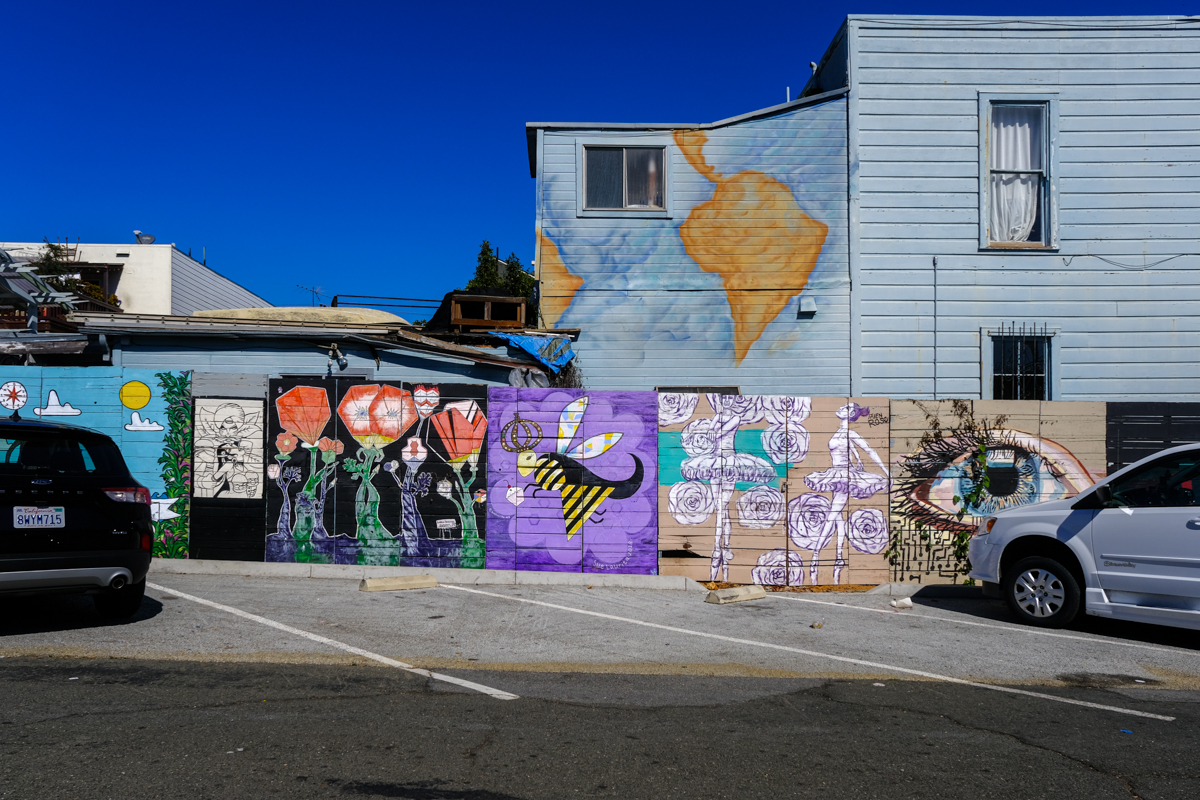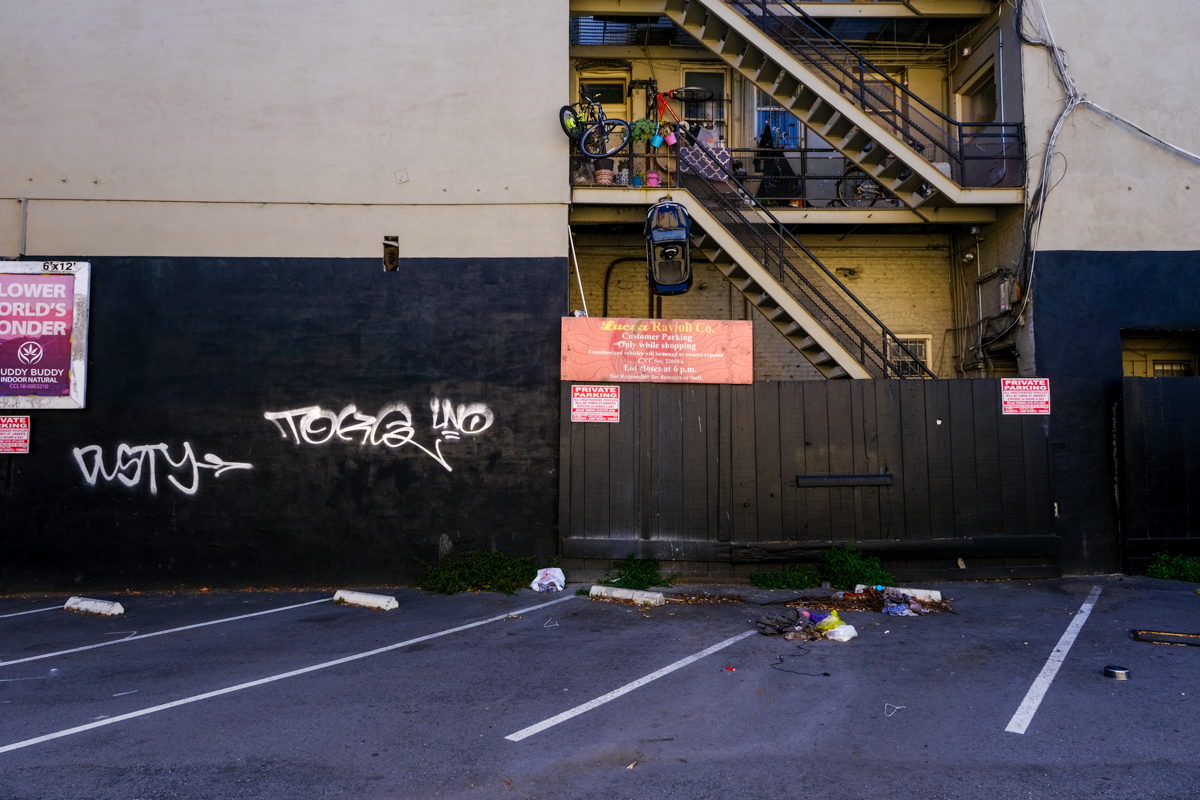In the Outer Sunset on Tuesday, Mayor London Breed proposed legislation, dubbed “Cars to Casa,” that would make it easier for developers to replace auto–related properties with housing.
If passed through the city’s Planning Commission and the Board of Supervisors, the legislation would alter city zoning ordinances on properties with existing gas stations, car washes, parking lots and garages, exempting developers from conditional use authorizations that can take up to 18 months to process. The ordinance would allow buildings of up to four stories on those lots across all regions of the city.
Breed stood on the corner of 44th Ave. and Noriega as she spoke, gesturing across the street to a four–story apartment complex as an example of what would be to come.
“This place used to be a gas station,” she said at a press conference. “I don’t know about you, but I don’t see a four–story building as a high rise.”
The announcement is the latest push by city officials to promote the viability of four–story apartment complexes. In late July, Supervisor Rafael Mandelman introduced a proposal that would similarly speed up the process of building fourplexes in place of existing single–family housing lots.
These efforts follow a state mandate, called the Regional Housing Needs Allocation, which will likely require San Francisco to build about 82,000 new housing units between 2023 and 2031.
At the press conference, State Sen. Scott Wiener (D-San Francisco) pointed to his 2017 bill, SB 827 — a bill that, if passed, would have allowed for higher density rates near areas with public transit.
“The people who oppose all housing, who don’t want any change, who show up and spend 10 hours at the planning commissions and make it seem like they’re the majority — they’re not,” Wiener said. “[People] understand that we need more housing, understand that this is about the future of the city, and want to make sure that their kids have a place to live.”
Likewise, Breed framed the “Cars to Casa” legislation as part of larger efforts to move away from car dependency and to make the city more affordable for families, referring directly to west side residents who may have historically opposed changes in their neighborhoods.
“They were mostly born and raised here,” Breed said. “But when I asked where their children lived now — their children who are adults and sometimes married with their own kids — oftentimes, they were not living in San Francisco because they can’t afford to live here.”
“Housing policy is climate policy,” she added. “When you build housing near transit corridors around public transportation, that’s how you help with the environment too.”


The environmental, transportation and housing advocacy groups Bike Lane Defense, YIMBY Action (Yes In My Backyard), the Housing Action Coalition and Brightline Defense also voiced support for the legislation.
“Cars to Casa is about green tech retrofitting,” said executive director of YIMBY Action Laura Foote. “We need to be doing everything we can to be planning for the next generation, making our city more inclusive, more accessible, and building more homes to address our chronic housing shortage.”
